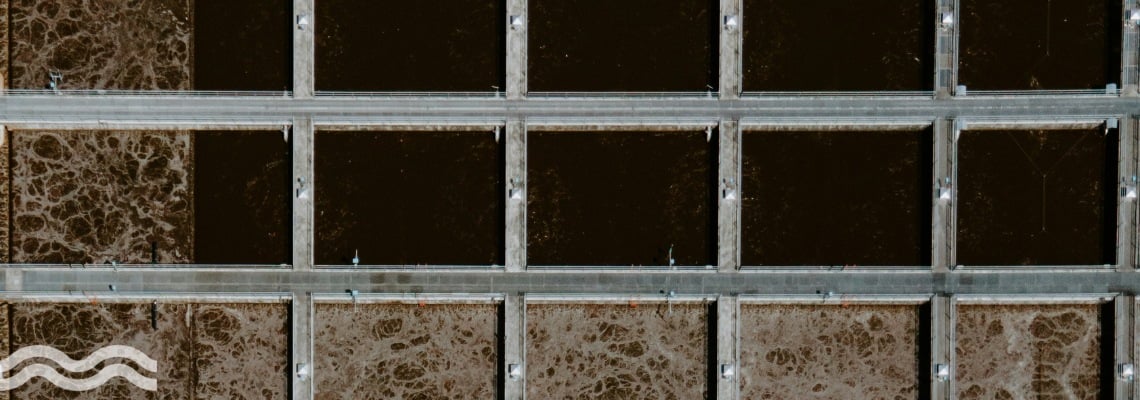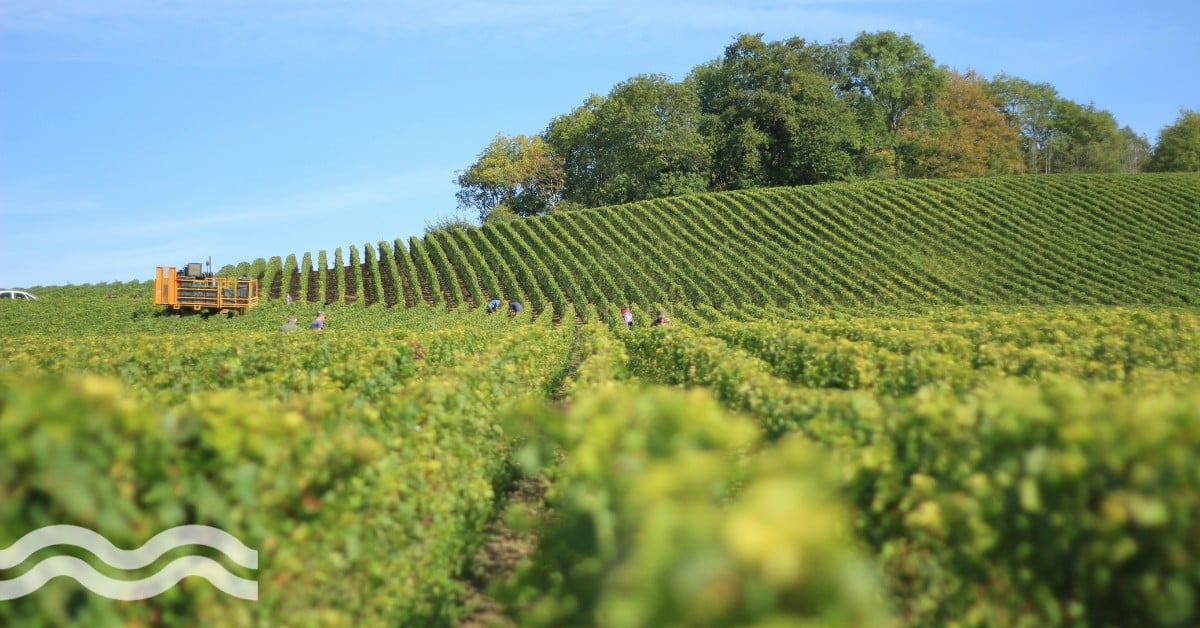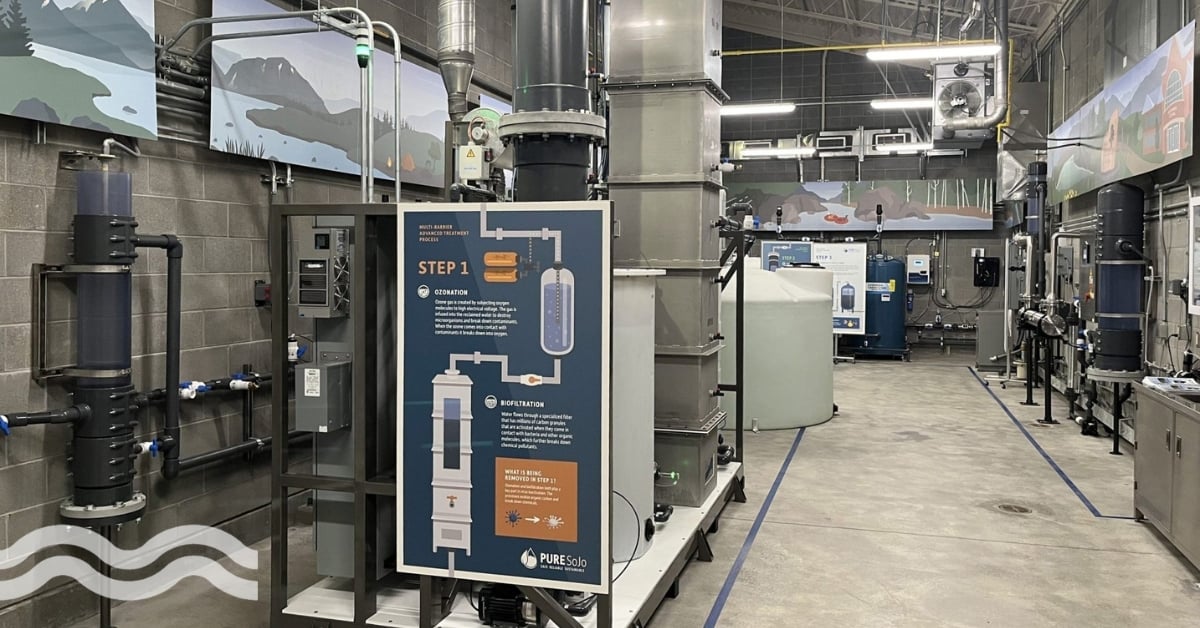UK utility to use treated wastewater to boost drinking water reservoir

UK utility Southern Water plans to top up a spring-fed reservoir with treated effluent to boost water supplies during drought.
Using treated effluent to boost water supplies
The scheme would be the first in the country to use treated wastewater to top up a reservoir. The water would be piped to the reservoir from the Budds Farm wastewater treatment plant in nearby Havant.
Regulators in approving the plans pointed to similar schemes being used in other countries to ensure steady and regular supplies of water during periods of drought.
Tim McMahon, water director at Southern Water, told the media that urgent action was required to meet increasing demand for water and to protect Hampshire's chalk streams. "More than 2.5 billion extra litres of water a day will be needed in our region by 2050. [This project] will create a new safe and dependable source of supply that will help keep taps and rivers flowing."
The water recycling plant is expected to supply up to 90 million litres of drinking water a day and be operation by 2034. Effluent will be treated using reverse osmosis before entering the reservoir, from there it would be pumped 25 miles to Otterbourne, Hampshire, where it would be treated further to meet drinking water standards.
Scheme involves first new reservoir to be built since the 1980s
The Havant Thicket Reservoir will be the first large-scale reservoir to be built in the UK since the 1980s. It is being built on a 395-acre site owned by Portsmouth Water and will be mainly fed from excess water from natural springs. It will hold up to 8.7 billion litres of water and could supply up to 21 million litres each day. At present, any excess water is released into the Solent.
A project that will help us provide a resilient water supply long into the future
The overall system from wastewater plant to drinking standard purification will be operated year-round, with a base rate of 30 million litres a day.
Rob Lawless, programme lead for Water for Life, Hampshire: "Although water recycling is a new thing for our customers, it's been used around the world for more than 40 years. I'm proud to be working on a project that will help us provide a resilient water supply long into the future, benefiting people and wildlife across Hampshire and the Isle of Wight for many years to come."
Protecting the world's rare chalk streams
Southern Water says that scheme would mean far less water would need to be extracted from two chalk streams, the Test and the Itchen, which are both rare and environmentally at risk.
There are only 200 chalk streams and rivers in the world, with 85 per cent of them located in the south and southeast of England. They maintain diverse eco-systems that are at threat from a number of sources, such as over-abstraction and agricultural pollution.
Opposition to the scheme
Despite the reduction in chalk stream abstraction, the scheme has come under fire, with concerns about pollution from rejected treated effluent reaching the Solent, the stretch of water between the south coast of England the Isle of Wight.
Many opposed to the scheme site the fact that the UK receives high levels of rainfall and that, perhaps, the money would be better invested in other schemes. The Guardian quoted the former director of Southern Water, Bill Cutter, as opposing the scheme because, "The costs are horrendous. It's a good idea if you're living in a country where there is no water, but you can't say the UK has no water."
We should be developing schemes to store water for use in dry summers.
It also reported Tracey Viney, an environmental specialist, as saying, "This is not a sustainable solution. We get plenty of rainwater and should be developing schemes to store water for use in dry summers."
Southern Water lost an estimated 108.5 million litres of water a day in 2022-23 through leaks, according to most recent figures, with some campaigners saying the money would be better spent tackling leaking infrastructure. The company has also been hit with heavy fines in recent years for polluting rivers and coastal water.
Regulator, Ofwat, has recently proposed annual bill increases of 44 percent (€217) by 2030.


